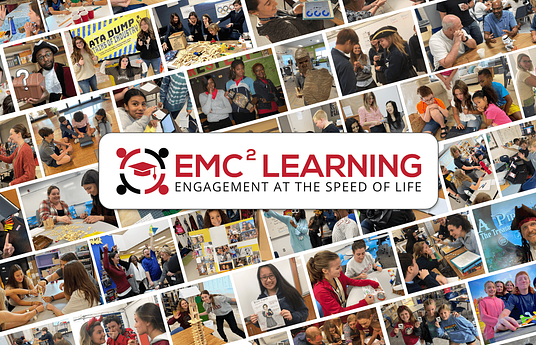Even prior to COVID-19, 59 million primary school aged children were out of school globally. Often excluded due to crisis, poverty, conflict, or discrimination, these children are at risk of being forgotten or ignored as they are assumed to be uneducable. The Speed School model helps out-of-school children to return to education.
The Speed School model aims to change community and global mindsets so that it becomes unacceptable for any child to be denied a formal education.
Working in African countries with the highest rates of out-of-school children, Speed School condenses three years of foundational literacy and numeracy into just one school year to prepare students as life-long learners. Having caught up with their peers, children are able to re-enter mainstream education – or enter for the first time – at 3rd or 4th grade and join the local schools with children their own age.
This model’s impact is significant. Studies show that approximately 90% of children who participate in Speed School transition to the formal school system and continue their education.
The Speed School model was designed by West African education experts in partnership with Strømme Foundation, Geneva Global, Luminos Fund, and local partners. Originally piloted in Mali in 2004, the three organizations have since introduced and continue to operate the program in Burkina Faso, Ethiopia, Niger, and Uganda. Plans for 2022-23 are to expand the model to other geographies, further demonstrating its wide relevance and impact. Meaningfully, governments including Ethiopia have taken significant steps to spread and sustain the program model’s implementation more broadly.
01: Engage local government and stakeholders
02: Identify local implementing partner(s)
03: Identify qualifying communities and classroom space
04: Engage parents and guardians
05: Identify and recruit out-of-school children
06: Refine the curriculum
07: Recruit and train teachers to lead classes
08: Teach class
09: Monitor and evaluate
10: Transfer graduates to host schools



